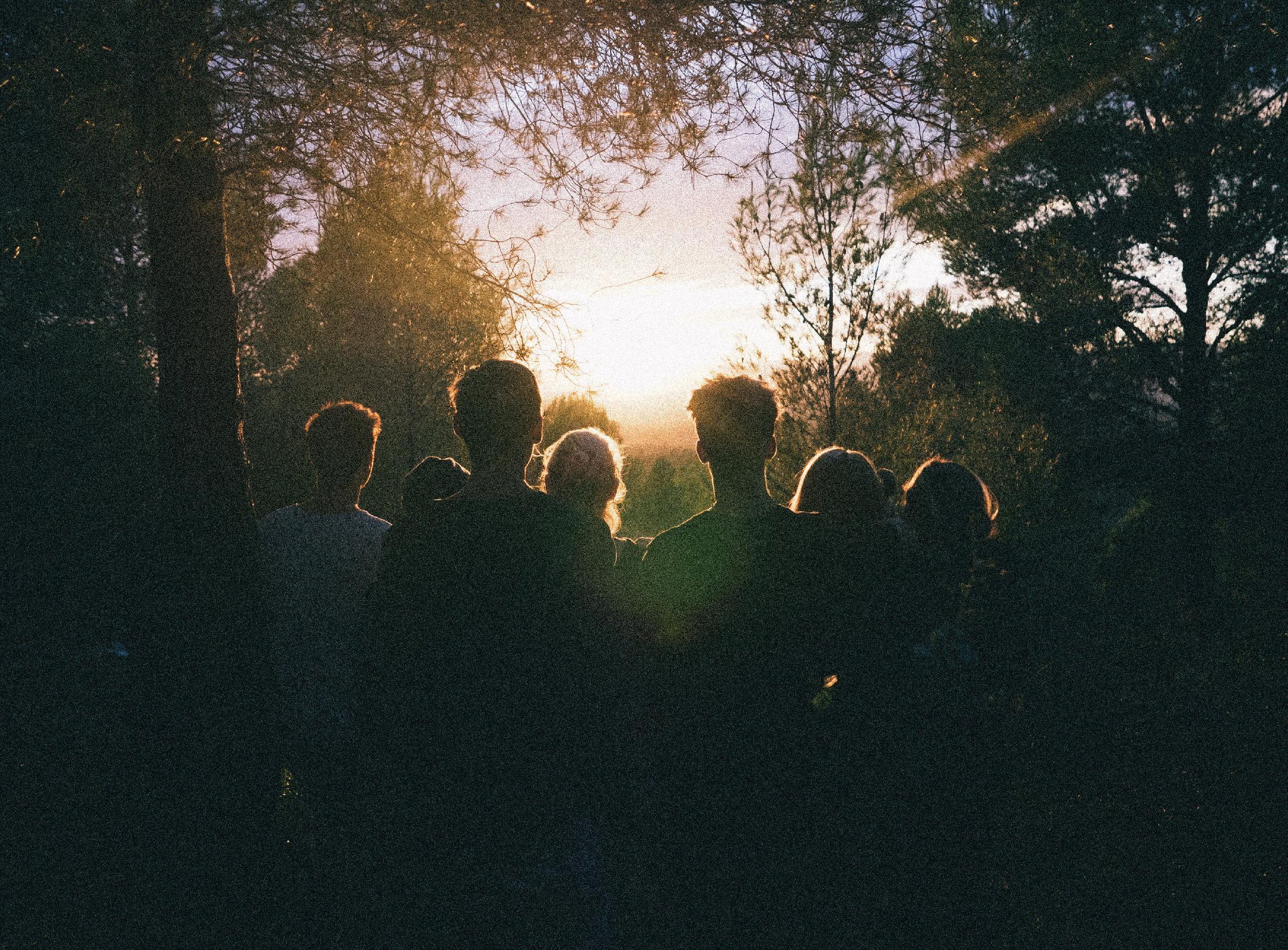

We Can All Learn From Non-Monogamy
While an open relationship may not be for everyone, the care, consent and communication central to non-monogamy should be.
August 9, 2022


While an open relationship may not be for everyone, the care, consent and communication central to non-monogamy should be.